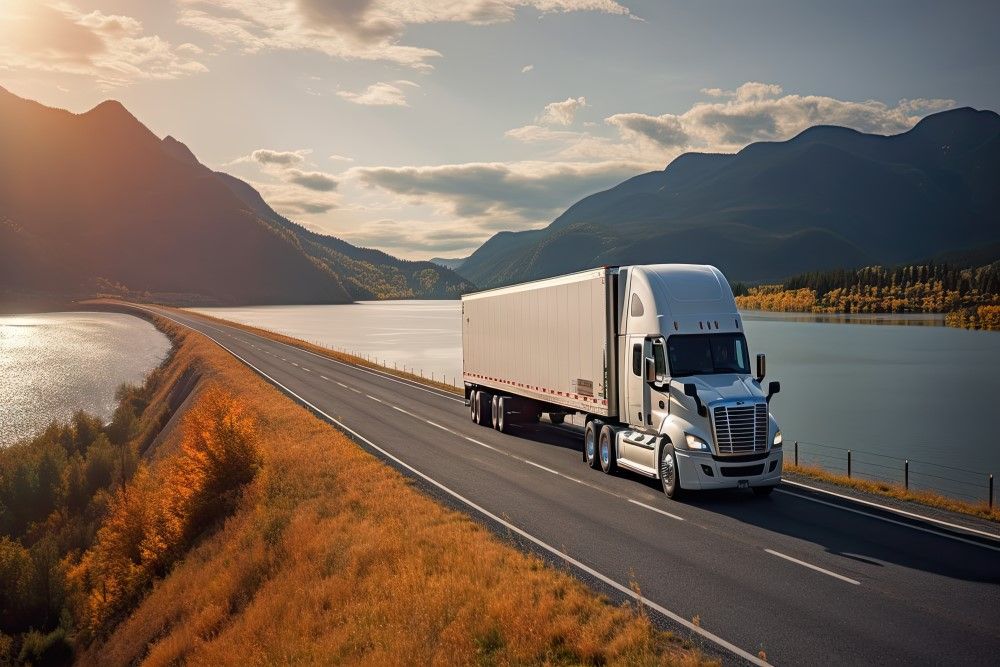
FWR Expands As Trailer Demand Increases
Queensland trailer company FWR Australia will next month open a brand-new factory with more than three times the floor area as it keeps pace with increasing customer demand.
More staff will also join the company, ramping up its current employment of almost 60 people.
The expansion represents a lot of hard work by FWR and its owner, Arron MacCue, in the transport industry that, from a manufacturer’s perspective, can be a very difficult and cyclical arena to try and launch products while maintaining market share.
The vagaries of the industry are peppered by the most diverse obstacles, from the economy to the weather, competition from both inside and outside the country (sometimes at the same time), demands made by authorities with little interest in providing assistance, the whole barometer of good and bad labour relations, right down to the simple task of finding and buying raw materials
Much like the farming sector, there’s no surprise that it’s a strong business that can last a decade or two, or more.
There’s no tricks to survival. Arron MacCue said customers demand a reliable product.
“Product reliability is paramount and customers don’t want to be guinea pigs for any new design or technology,” he said.
“So in our development of trailers, we start slow and small and then scale up from there once we get brand awareness and trust in the market.”
FWR’s Tag trailers are one of its best sellers and typifies the slowly-slowly attitude of the business to ensure the product is right.
“We stated making about three Tag trailers a month when there were about six manufacturers in Queensland,” he said.
“I priced them accordingly and bought materials in volume to save in purchasing costs. That saving is passed on to the customer.
“We now make 30-35 a month and we are the only business making Tag trailers in the state.”
The trailers from FWR are fully made and certified in Queensland and built with raw materials sourced from local suppliers and with components from local businesses.
“I prefer to deal with local suppliers. All the steel I buy is processed locally,” he said.
“The axles and suspension come from whatever component manufacturer the customer wants, but are generally from the top-end suppliers like Fruehauf or K-Hitch or Hendrickson or BPW and others.
Mr MacCue started the business 10 years ago in his garage, building spreader bars for bobcats.
“It took off from there. I didn’t build my first trailer until 2016 when a friend asked me to make a single-axle Tag trailer,” he said.
“I did all the necessary compliance before I marketed the trailers and then built the market.”
One tilt trailer was built after a request from a personal friend who helped him in building the business.
FWR has fleet customers but Mr MacCue said he really liked dealing with the owner operators.
“These are the guys who may have three or four staff and they all care about pride in their work and looking after their equipment and their customer,” he said.
“They may have a $600,000 truck and they’re looking to put on a $300,000 trailer. They’re the customer that I like.”
FWR is moving next month, firstly to have more space for the workload and also to move to higher ground.
“In February last year this place (in Rocklea) was four-metres under water,” he said of the floods.
“The crane rails in the low bay were underwater.
“The current facilities are 3800 square metres and our new facility is just shy of 12,000 square metres — which is about three acres — under roof.”
Mr MacCue said FWR’s order book has increased as the business expanded its product range.
“It’s a natural progression. So as we agenda products that we didn't build before, like our super tilts and the low-loader range, that side of the business increases. So they go hand-in-hand.”
In its new products, FWR is to concentrate on its super-tilt range because demand has increased more in comparison with other trailer types.
Sorting out trailer finance doesn't need to be a headache. Credit One keeps it simple, which explains why they're Australia's best-reviewed finance broker with 3,000+ five-star Google reviews from customers who appreciated the straightforward approach. Credit One reviews tell the story, or you can jump into the loan repayment calculator to work out what suits your budget.